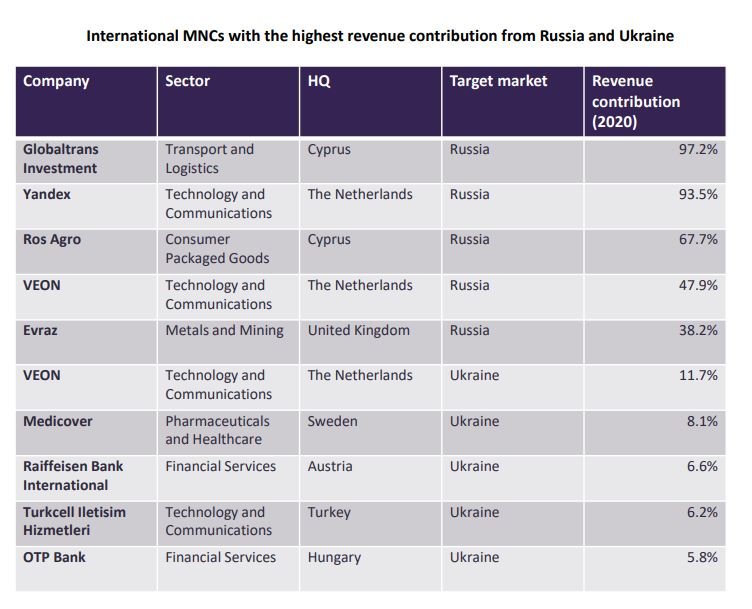Ukraine crisis briefing
Powered by
Download GlobalData’s Ukraine Crisis Executive Briefing report
- ECONOMIC IMPACT -
Latest update: 16 August
Since Russia launched a full-scale military invasion of Ukraine on February 24, data from the United Nations’ Refugee Agency indicates that over 10.6 million people have crossed the Ukrainian border as of August 10.
3.8 million people have returned to Ukraine following the invasion, while a total of 6.4 million individual refugees have been recorded across Europe.
2.9%
The World Bank lowered its global growth forecast from 4.1% to 2.9%, with a warning that many countries may see recessions.
7.5%
The global inflation rate is now projected to rise to 7.5% in 2022 from 3.5% in the previous year, up from 7% in the last report.

- SECTOR IMPACT: MINING -
Latest update: 16 August
SUPPLY IMPACTS
Russia is among the top three producers of diamond, gold, platinum group metals, and nickel. It is also a key supplier of seaborne and iron ore, steel and aluminum, alongside metallurgical coal to European markets.
EFFECTS OF SANCTIONS
In April, the EU announced further sanctions against Russia which banned the importing of all forms of Russian coal from midnight on 10 August. This affects one-quarter of all Russian coal exports. While this will impact Russian coal miners in terms of volumes, a steep rise in coal prices this year will help recoup much of the lost profits.
DOMESTIC PROJECTS
Of the leading miners, Nornickel initially stated that operations were continuing and in May confirmed supply of palladium and nickel sales were unaffected with no change to its 2022 guidance.
INTERNATIONAL INVESTMENT
In March, Canadian miner Kinross announced that it was suspending all activities in Russia, including its Udinsk development project in Khabarovsk Krai, and operations at its Kupol gold mine. In addition, in June 2022 it sold its operations to Highland Gold Mining, one of the larger gold producers in Russia, for $340m.